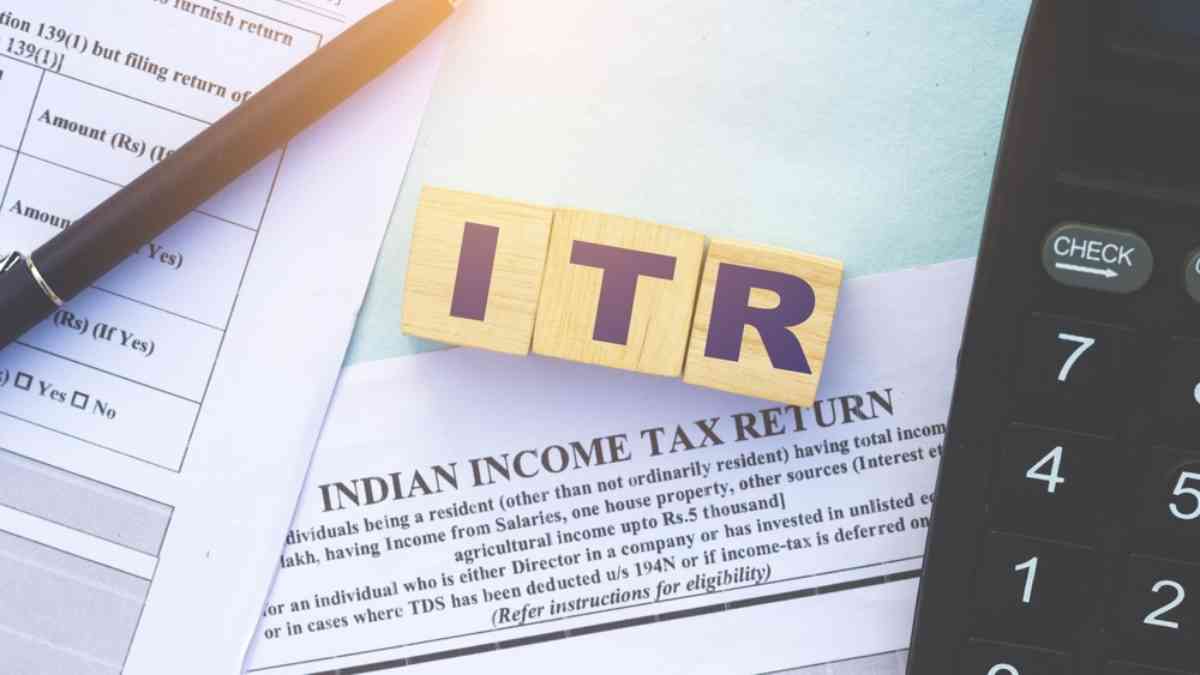You have only two days left to pay your Income Tax. If you don’t file your Income Tax Return (ITR) by July 31st, you will face double challenges starting August 1st.
The Income Tax Department has set July 31st as the deadline for filing income tax returns. Filing after this date incurs a penalty, but there’s a more significant rule that could result in a substantial loss. If you file your ITR by July 31st, you have two options for selecting the tax slab. Currently, the New Tax Regime is the default, but taxpayers who prefer the Old Tax Regime and want to save on income tax through deductions can choose that option. You can switch from the New Tax Regime to the Old Tax Regime by July 31st.
After July 31, taxpayers can no longer switch to the old tax regime. They will have to file their income tax under the new tax regime, no matter what. So, if you pay rent, have a home loan, or want to save on income tax through deductions available in the old tax regime, you must file your ITR by July 31. According to the rule, after July 31, the option to use the old tax regime will be closed, and taxpayers will have to use the new tax regime for the financial year 2023-24.
If you file your ITR after the deadline, it is considered a belated ITR. Many taxpayers are requesting an extension for the filing deadline, but the government has not given any indication of this so far.
What happens if you file ITR late
If you file your ITR after July 31, you will have to pay a late fee. For taxable income below Rs 5 lakh, the penalty is Rs 1000. For taxable income above Rs 5 lakh, the fine is Rs 5000. Filing by July 31 helps you avoid this penalty.
If you file by July 31 and make a mistake or miss information, you can file a revised return. The deadline for filing a revised return is December 31. You can file as many revised returns as needed until this date without any fee or penalty.
Also Read: 5 ‘Pocket-Affecting’ Rules To Change From August 1, Know Here













